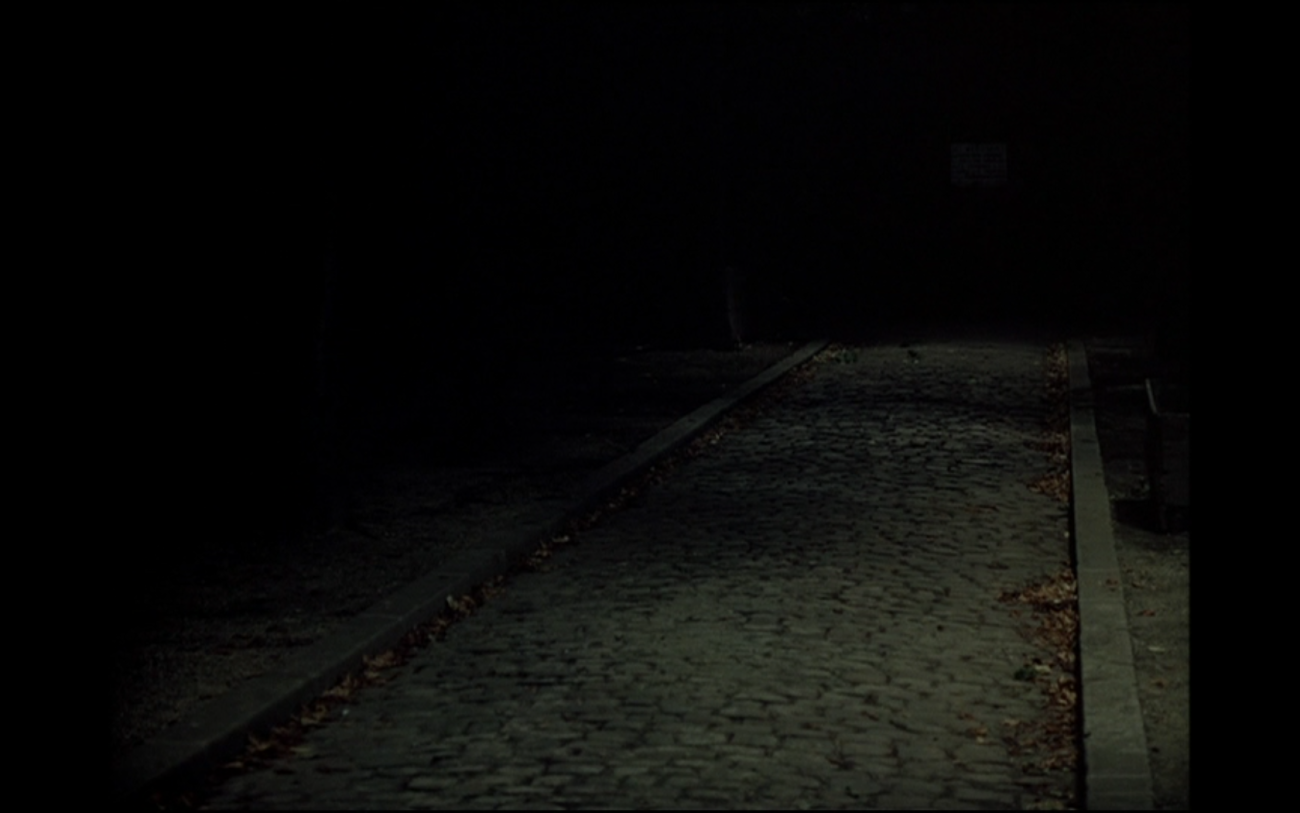
Charles drifts through politics, religion and psychoanalysis, rejecting them all. Once he realises the depth of his disgust with the moral and physical decline of the society he lives in, he decides that suicide is the only option...
Une main, du sang, un ticket de métro. Ce pourrait être la dernière image du Diable probablement de Robert Bresson : deux jeunes garçons ont pris le métro, ont marché dans les rues, ont entendu quelques notes de Mozart en passant devant une fenêtre ouverte en rez-de-chaussée, sont allés dans un cimetière, et puis l’un des deux a tué l’autre à sa demande.
En 1978, Alain Badiou écrivait que Le diable probablement était — je n’invente rien — « la voie d’extrême droite (…) la voie du suicide prophétique. » C’était bien sûr ignorer la dialectique, ne voir que le désespoir du héros, et oublier l’énergie, la vitalité, la révolte qui traversent le film : oui, montrer un suicide, ce peut être en même temps exprimer le souhait, ainsi que Bresson l’a déclaré, que « les jeunes se dressent de toute leur jeunesse contre l’immense entreprise de démolition qui ravage le monde et dont ils auront à payer la note ».
(Jean-Paul Civeyrac)
Film choisi par
Jean-Paul Civeyrac- Interprétation
- Antoine Monnier, Tina Irissari, Henri de Maublanc, Laetitia Carcano, Régis Hanrion
- Scénario
- Robert Bresson
- Photographie
- Pasqualino De Santis
- Son
- Georges Prat, Jacques Maumont
- Montage
- Germaine Lamy
- Musique
- Philippe Sarde, Claudio Monteverdi
- Décors
- Eric Simon
- Production
- Sunchild Productions, GMF Productions
Jean-Paul Civeyrac est un réalisateur français. Son film de fin d'études de la Fémis, La Vie selon Luc, a été sélectionné en compétition internationale à Entrevues en 1991. Il a obtenu le Grand Prix du long métrage à deux reprises : en 1999 pour Les Solitaires — également récompensé du Prix Gérard Frot-Coutaz — et en 2001 pour Fantômes.